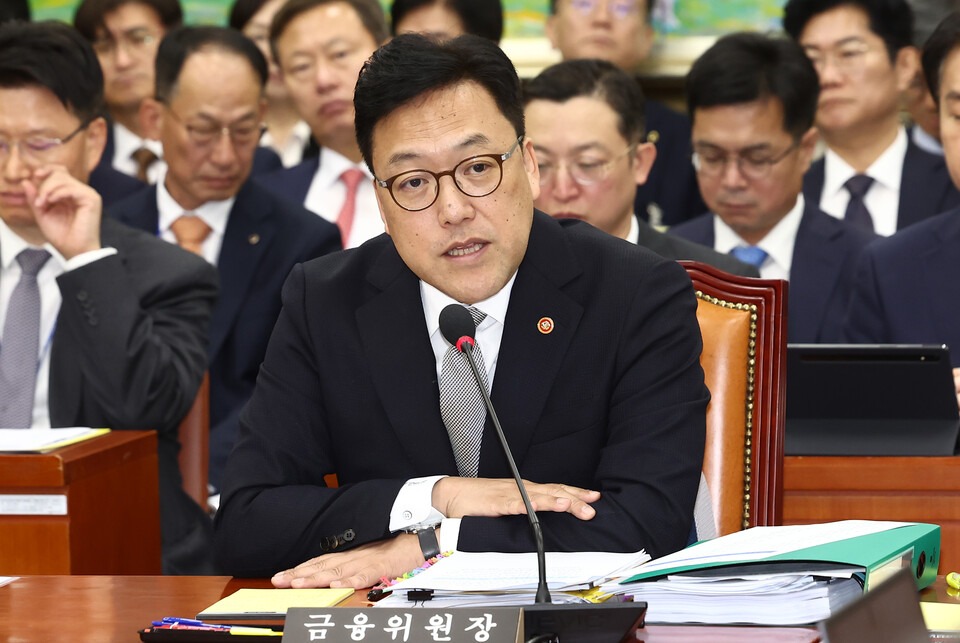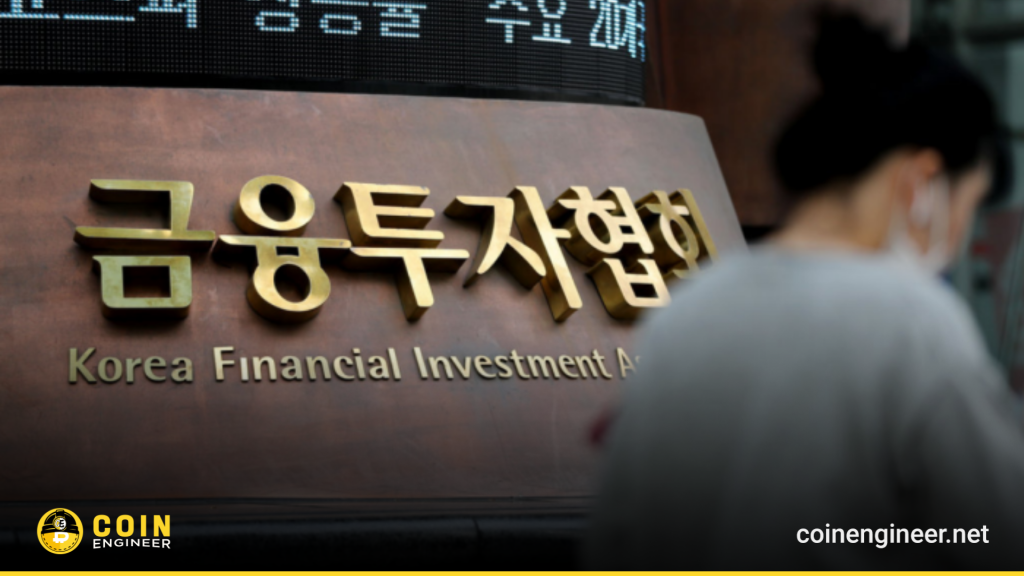The finance association’s chief promised to list Bitcoin and Ether ETFs to meet the growing demand for digital assets among older investors.
The Korea Financial Investment Association (KOFIA) stated that it will push for the approval of cryptocurrency exchange-traded funds (ETFs) on the domestic stock exchange this year.
KOFIA Chairman Seo Yoo-seok said in a press conference on February 5 that while there is growing interest in cryptocurrencies among investors aged 50 and above, direct exposure to cryptocurrencies could carry risks. Instead, he suggested that regulated financial products based on Bitcoin and Ethereum might provide a safer alternative.
These remarks come in parallel with shifts in the global crypto market following Donald Trump’s victory in the U.S. presidential election. South Korea has observed a 450% increase in new cryptocurrency exchange registrations, with nearly half of the applications belonging to individuals aged 40 and older.

Are Bitcoin and Ethereum ETFs Coming to South Korea?
South Korea’s Financial Services Commission does not recognize cryptocurrencies as underlying assets for securities under the Capital Markets Act, which imposes restrictions on crypto-backed ETFs.
In October 2024, South Korea established a virtual asset committee to reevaluate the permissions for corporate crypto accounts and crypto ETFs. A recent committee meeting reported that the reviews of corporate trading accounts are nearing completion.
South Korea is home to one of the world’s most active cryptocurrency markets, with its local currency surpassing the US dollar as the most traded fiat against crypto in the first quarter of 2024.
However, the nation’s cryptocurrency activities are heavily reliant on retail investors due to Anti-Money Laundering (AML) regulations. These regulations require exchanges to form official partnerships with local banks to offer crypto-to-fiat services.
To open a crypto-to-fiat account, investors must open real-name accounts with local banks verified by their legal identity. As a result, companies and institutions have effectively been prevented from participating in cryptocurrency trading.
Since 2018, only five exchanges have established partnerships in South Korea that meet these requirements.
You can also freely share your thoughts and comments about the topic in the comment section. Additionally, don’t forget to follow us on our Telegram, YouTube, and Twitter channels for the latest news and updates.


